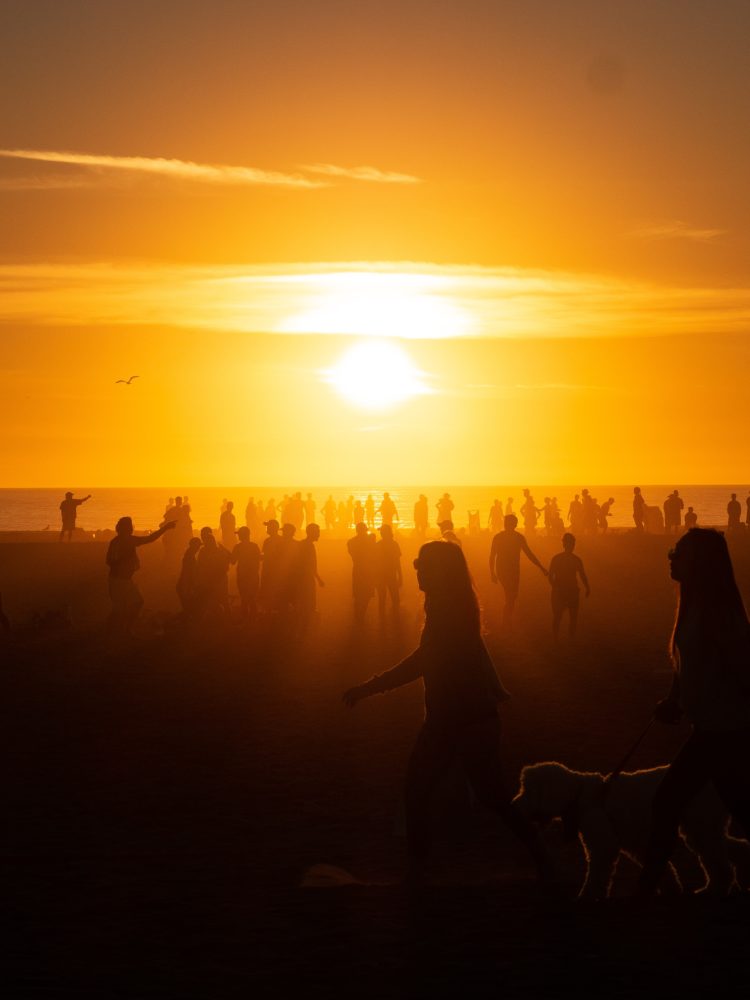Why a daily dose of sunshine is good for health
I’m a lover of sunshine. Always have been. I was raised on the beach from as early as a few months old and still consider a sunny day, salty water and sandy feet as the ultimate self-care moment. I instantly feel such a lift in mood when I’m in the sun (there’s a scientific reason to that one too!) There is a genuine human need for sun exposure. Yes, there are risks with overexposure, painful burning and the role of genetics in developing skin cancers but there are also potential problems if we avoid the sunshine completely.
Vitamin D, we all know about it, majority of people supplement with it but do you know how our amazing bodies make it? You can get it from foods but the major natural source of vitamin D is from sunshine. Technically what’s happening is our body absorbs UVB rays from sun exposure triggering a chemical reaction that converts 7-dehydrocholesterol into cholecalciferol or pre-D3. This pre-D3 is metabolised through the liver and then again by the kidneys where it’s finally converted to active vitamin D or D3.
Optimal vitamin D nourishes our nervous system, supports bone health and keeps our immune systems functional and balanced. Low vitamin D status is commonly associated with osteopenia and osteoporosis as vitamin D enhances the absorption of calcium, an essential mineral for bone health. It is also associated with cardiovascular disease and mental health including Alzheimer’s and depression.
Due to vitamin D’s role in our innate and adaptive immune systems a deficiency of this nutrient has been linked to autoimmune diseases (type 1 diabetes, inflammatory bowel disease), reproductive issues like endometriosis, food allergies and certain types of cancer (liver, kidney).
The recommendation for vitamin D sun exposure is to spend time in the midday sun as this is when the sun is at its highest point and UVB at it’s strongest. We require less time in the sun but can maximise our vitamin D synthesis. Ideally, expose as much of your skin as possible. There are time limits, especially in Australia as our sun is very harsh, so once you’ve reached your time limit, apply sun cream and cover up to avoid burning. Follow these guidelines below and adjust if you are more sensitive to the sun.
Summer: 6-8 minutes
Winter: 7-40 minutes
Studies have shown that low vitamin D status is seen in the elderly and people with chronic disease. For those who are naturally darker skinned, cover up for religious/cultural reasons, live and work indoors or in countries with minimal daylight hours or are at high risk for skin cancer will also most likely be more vitamin D deficient than others. If this is you, supplementation may be a consideration if sun exposure is not possible. See your naturopath to discuss exploring your vitamin D levels and whether a supplement regime is right for you.
Words: Danielle Gunns

